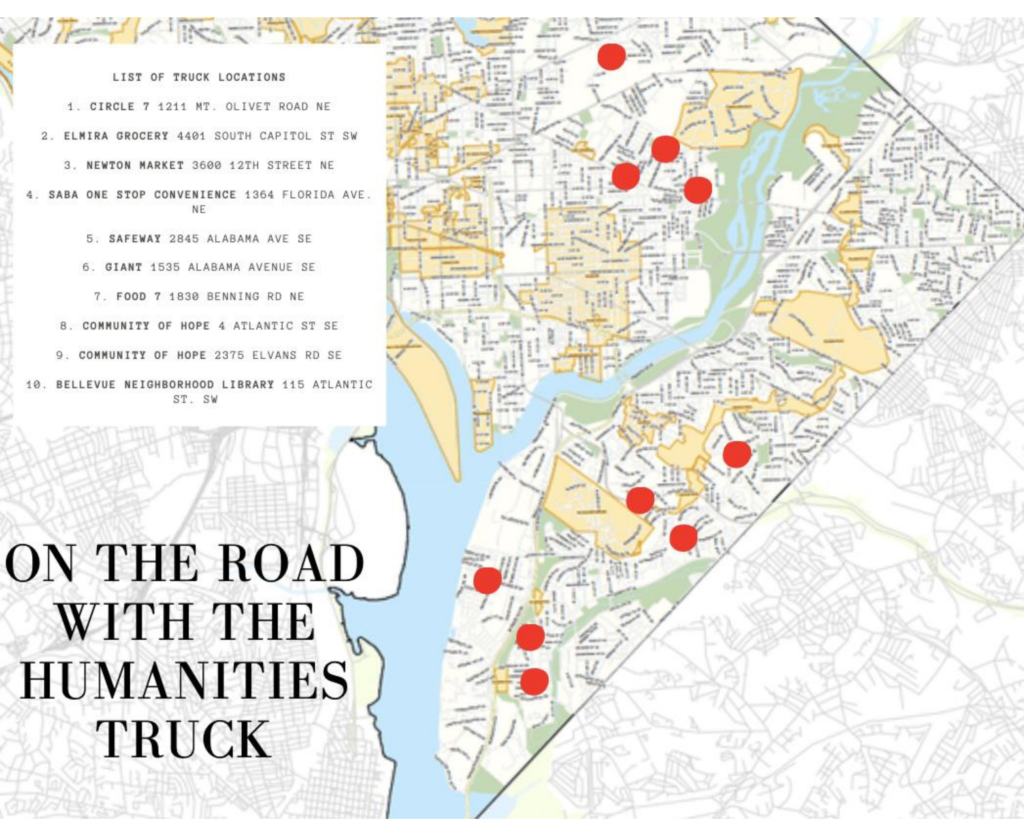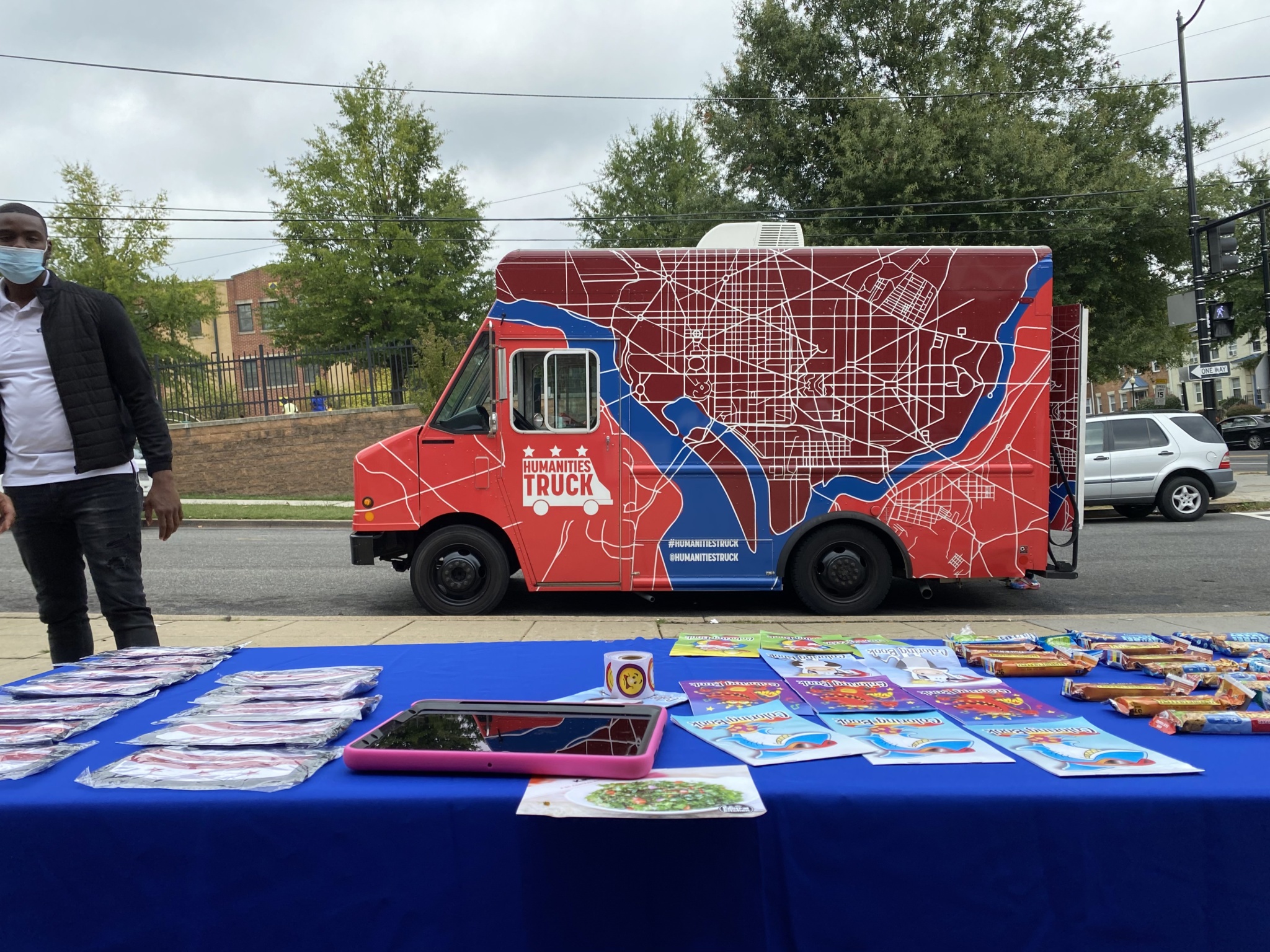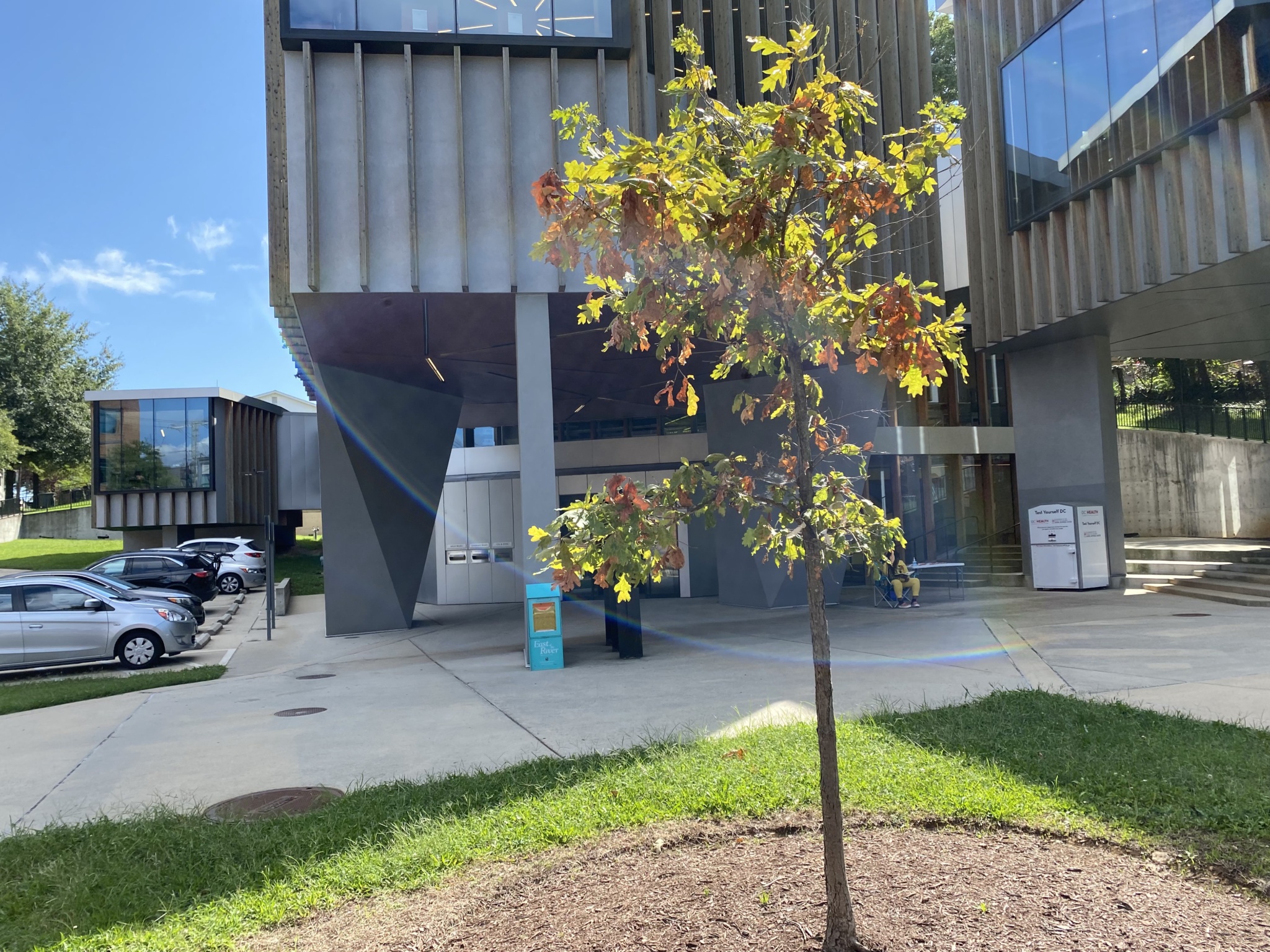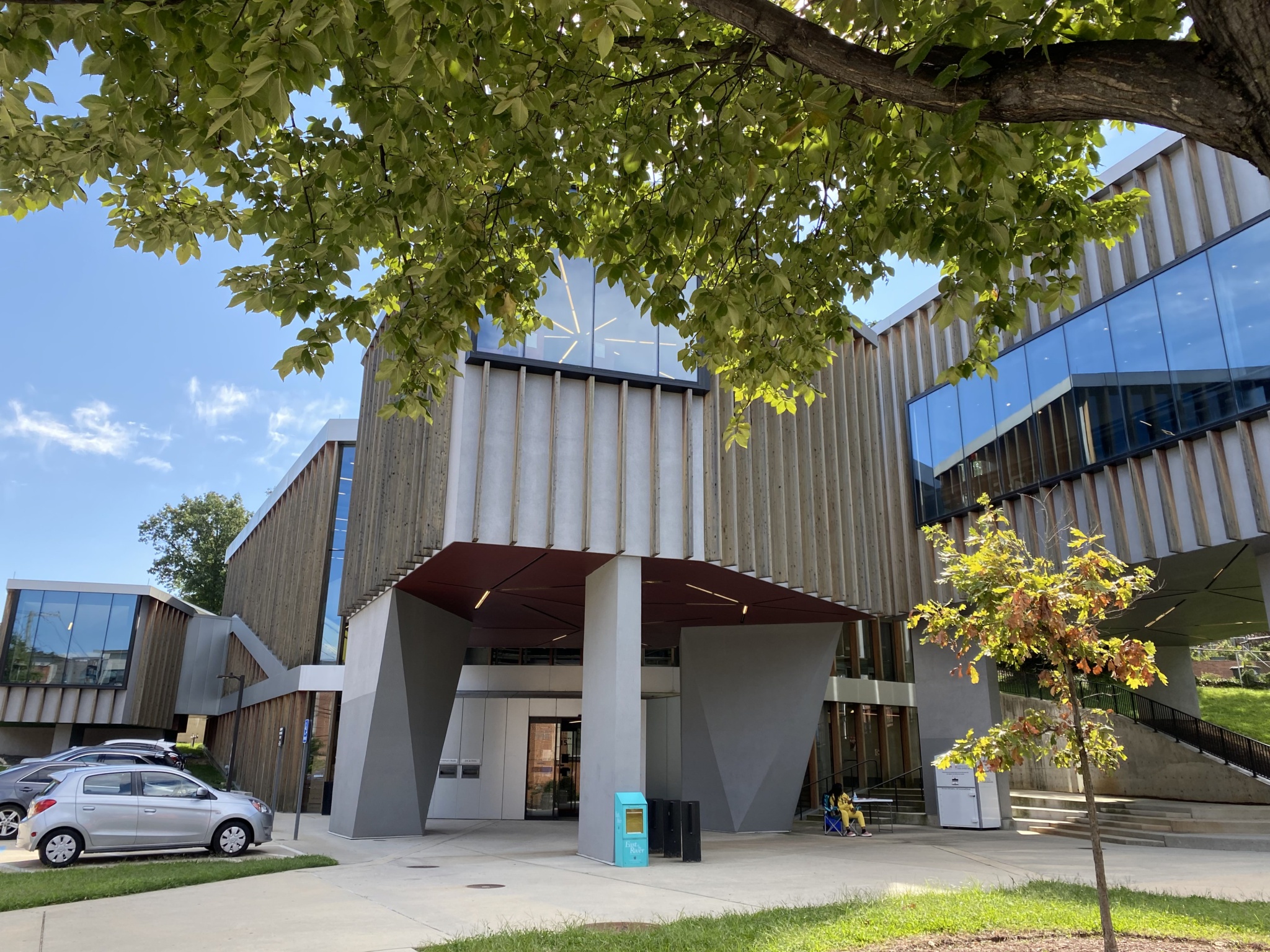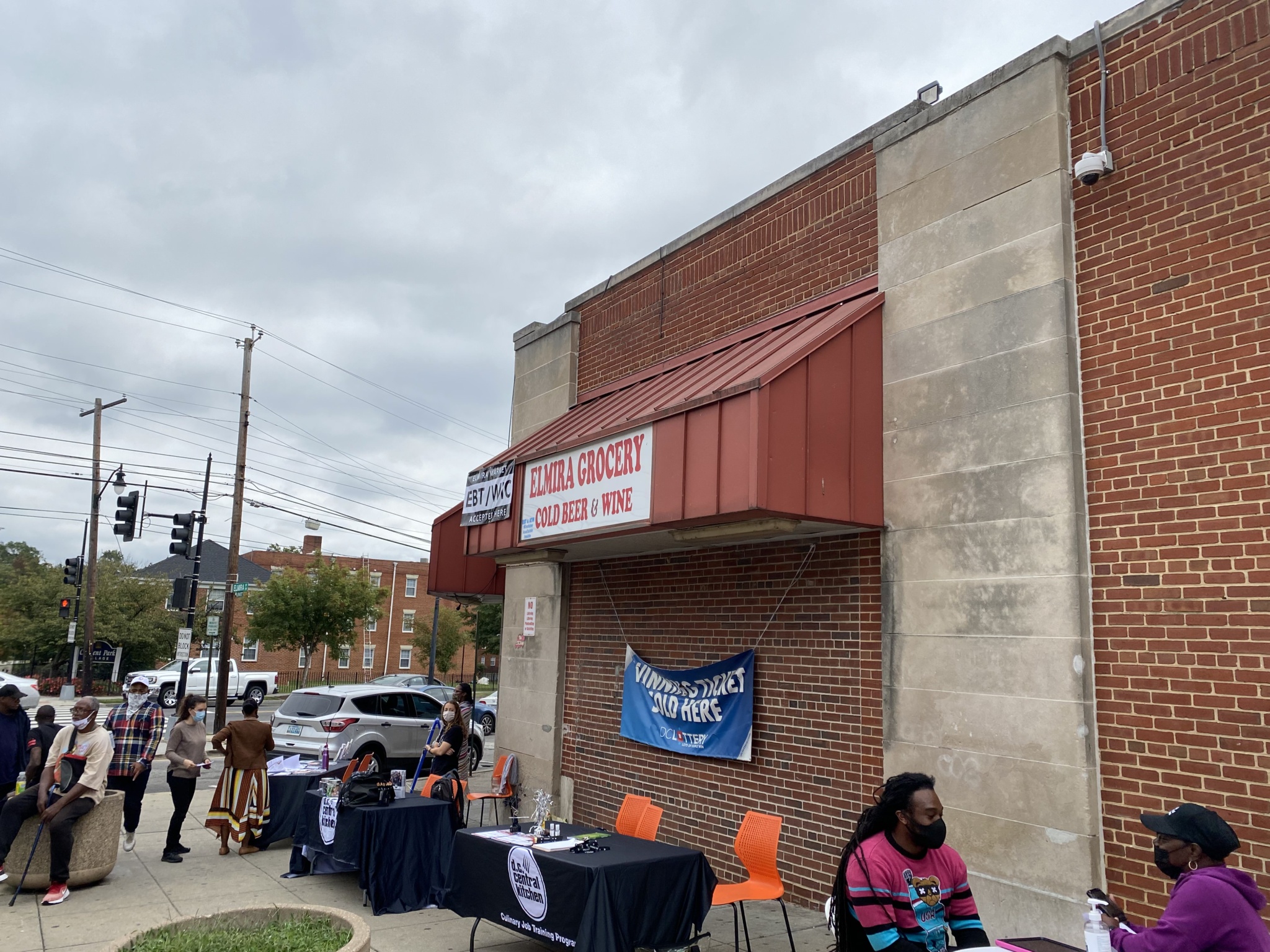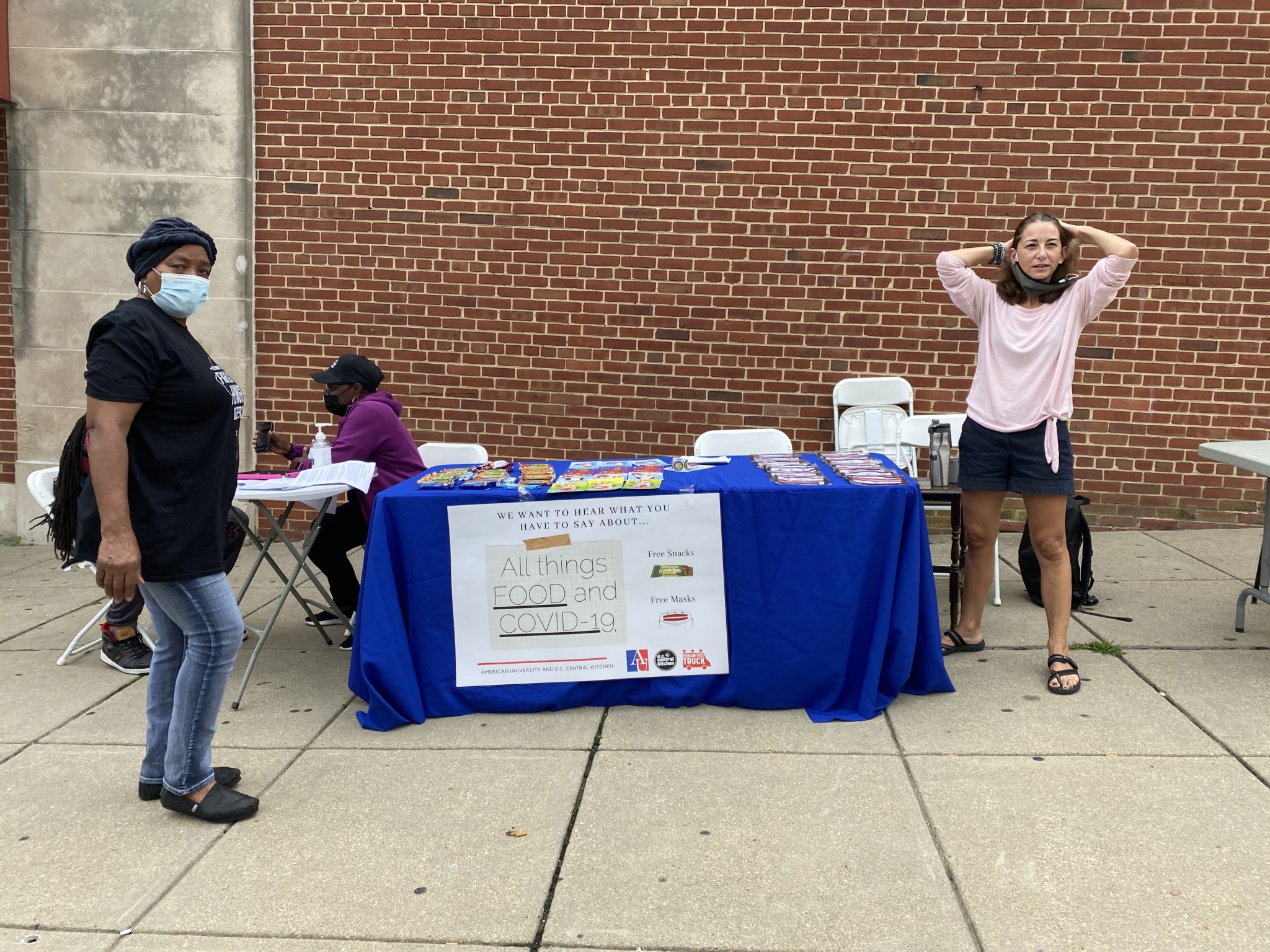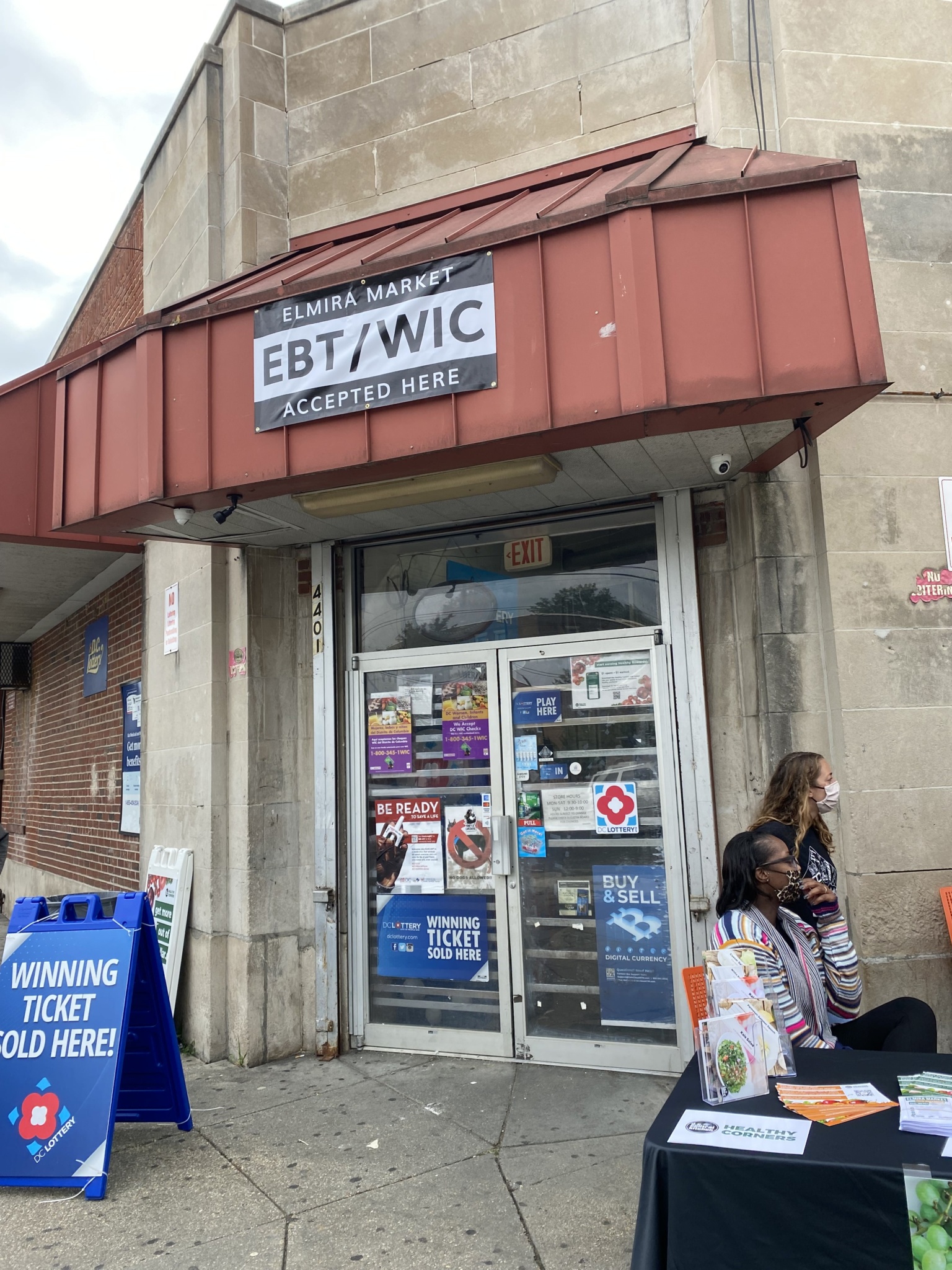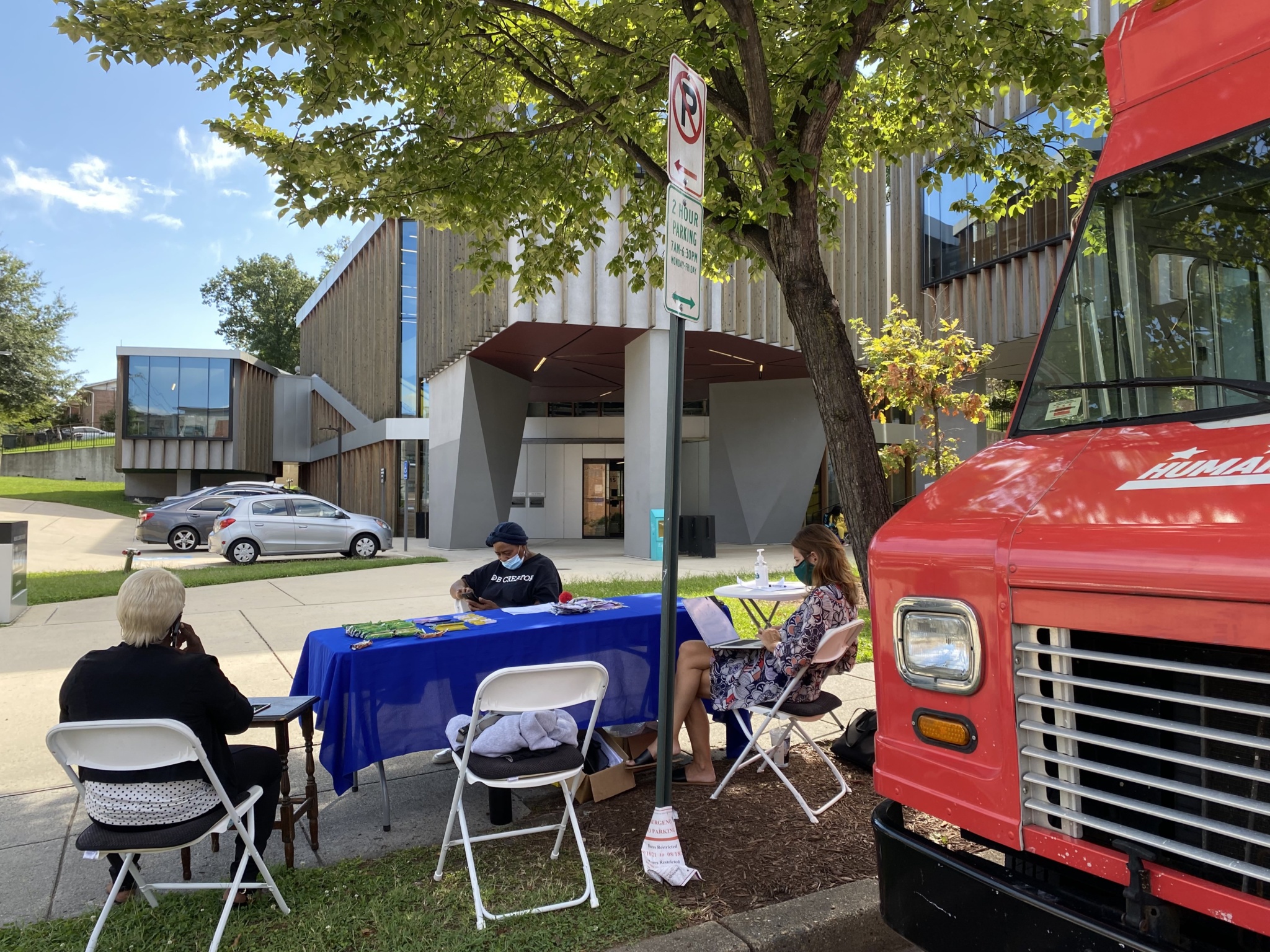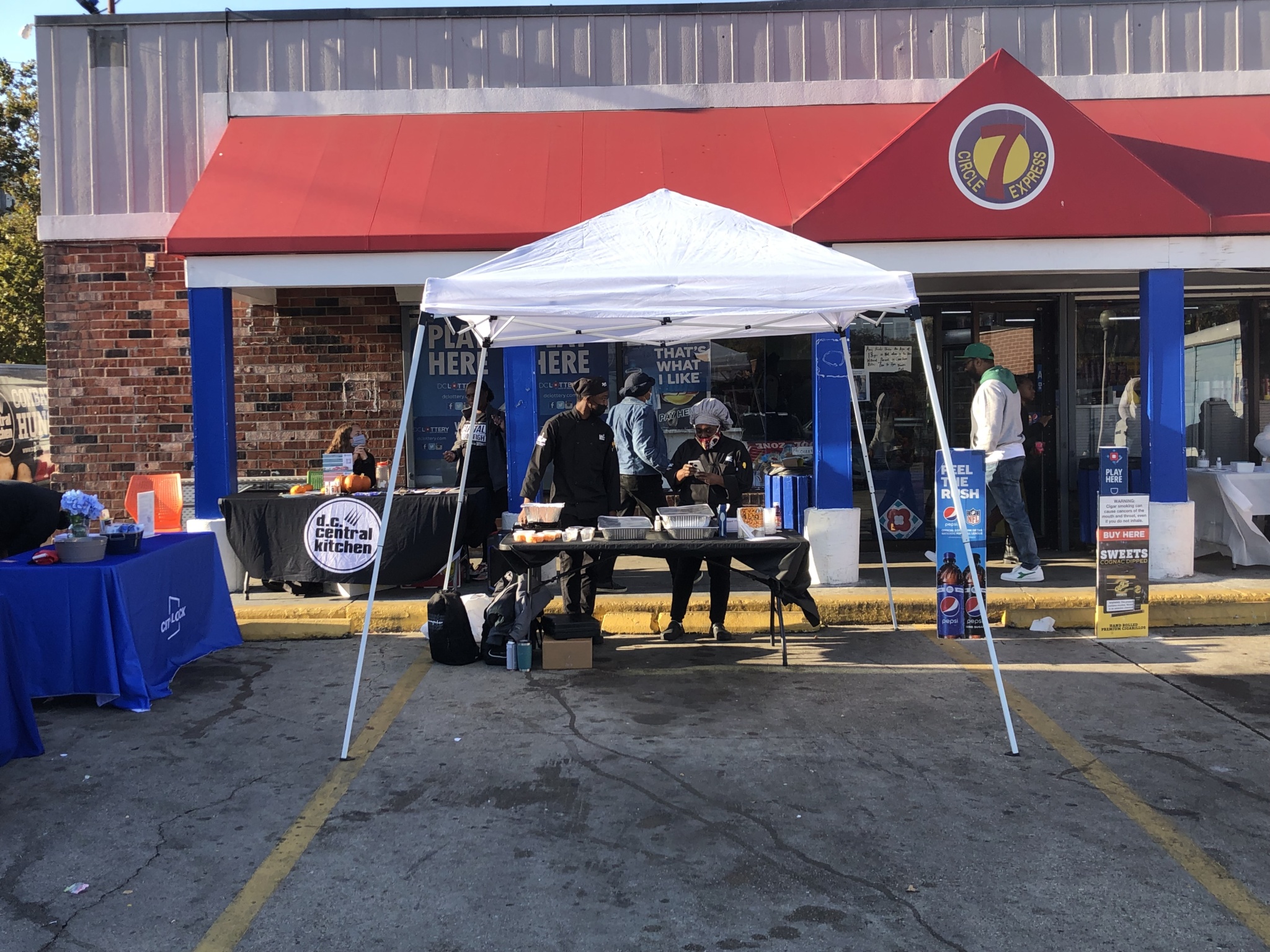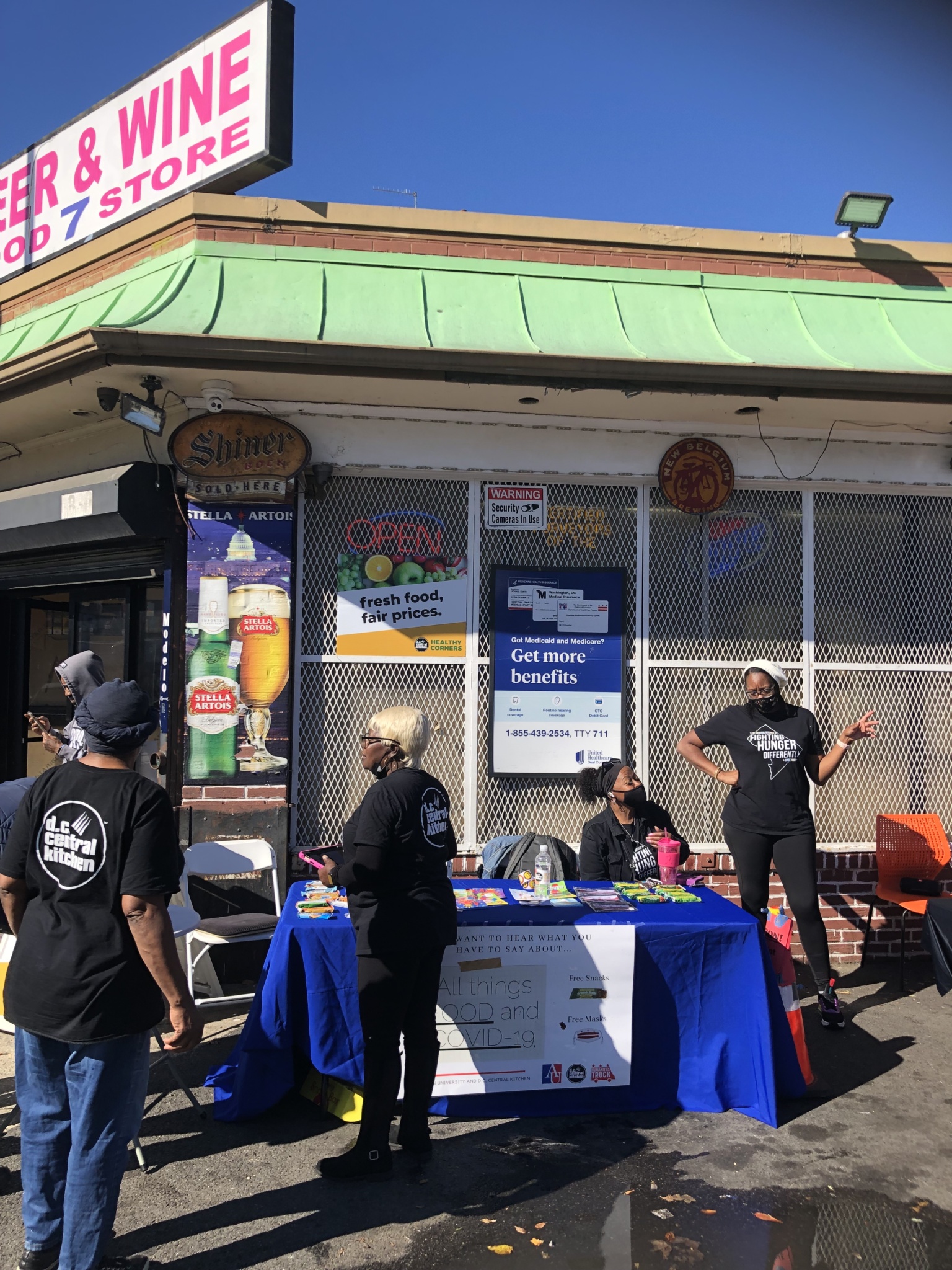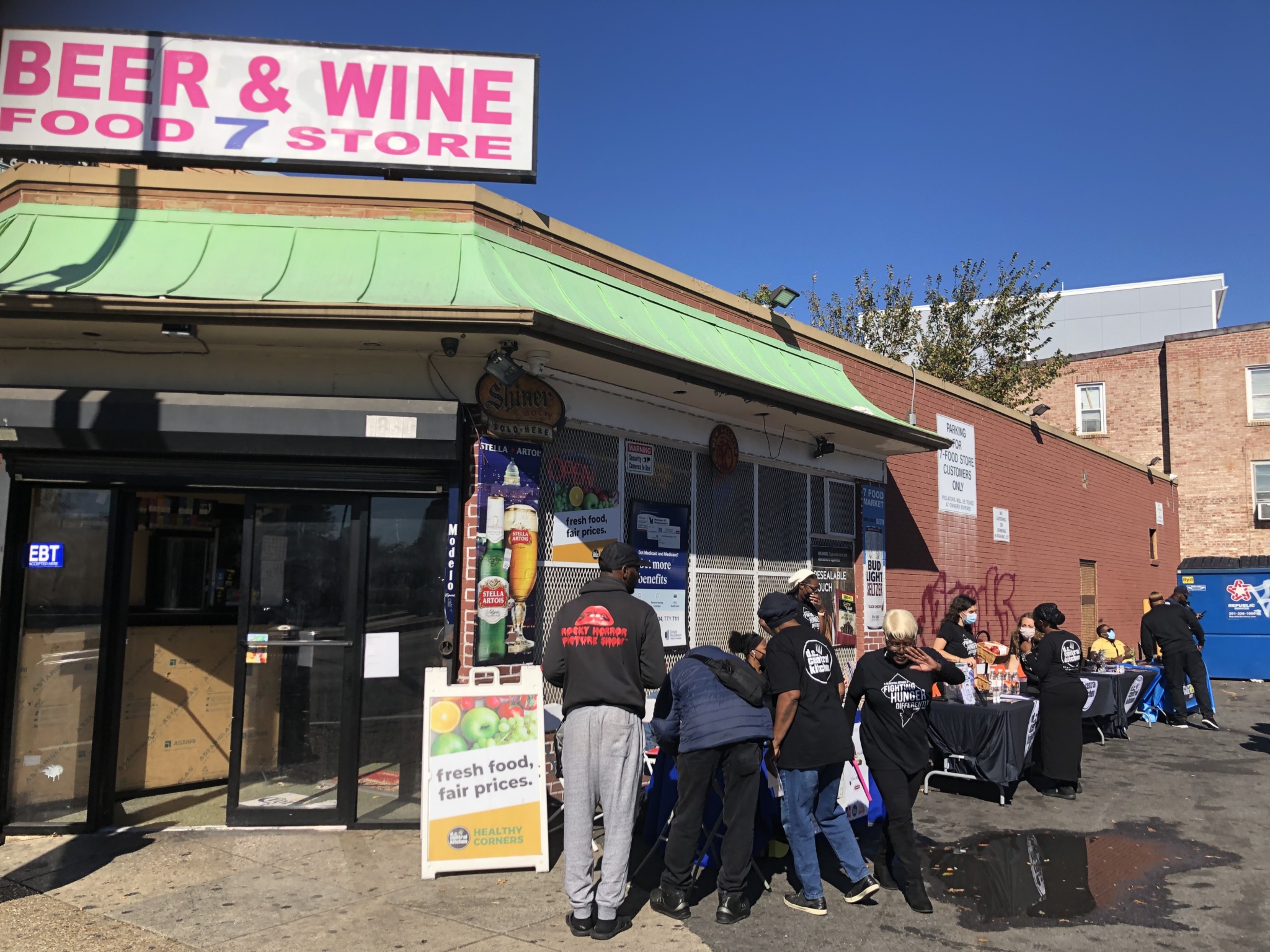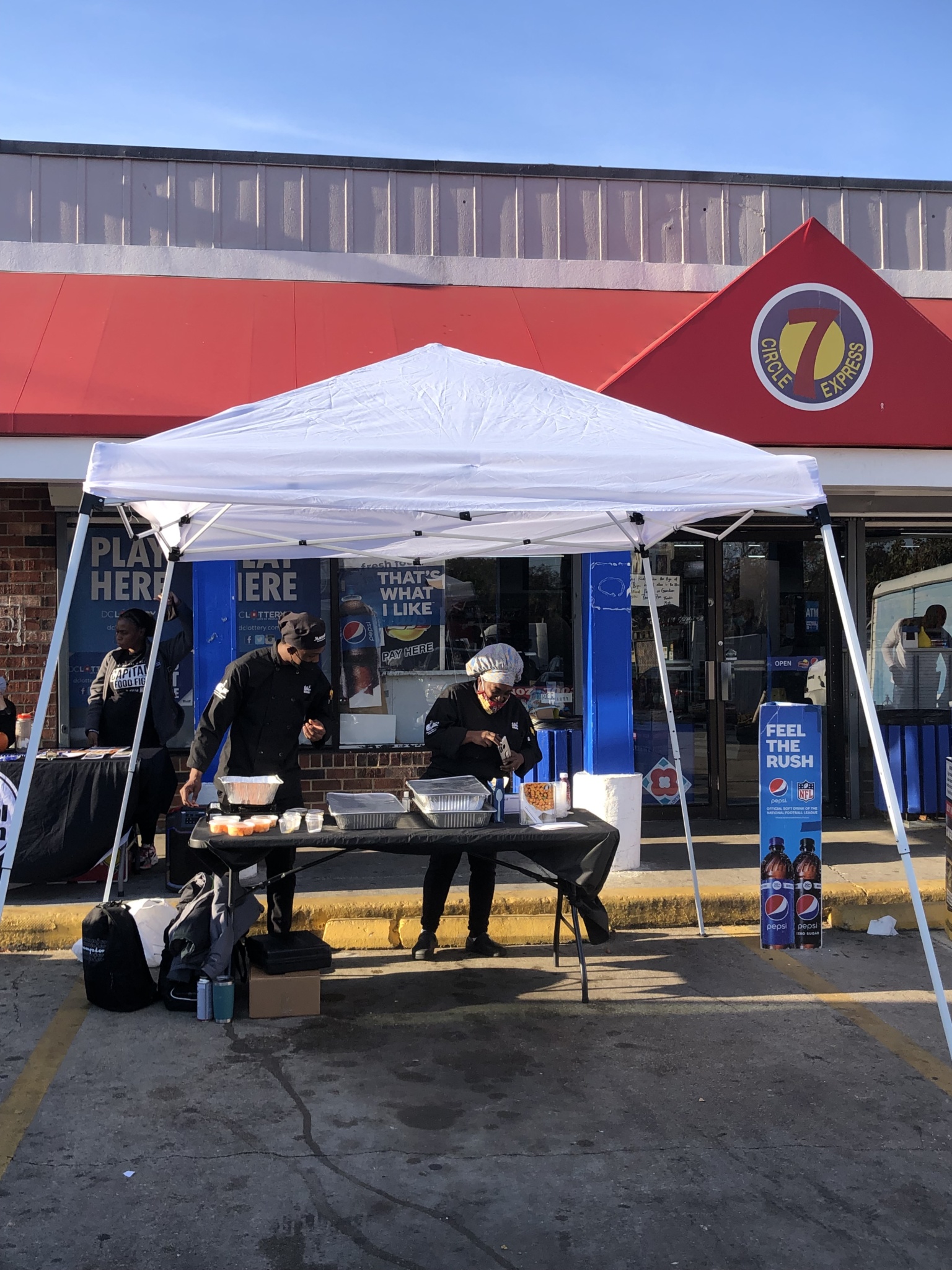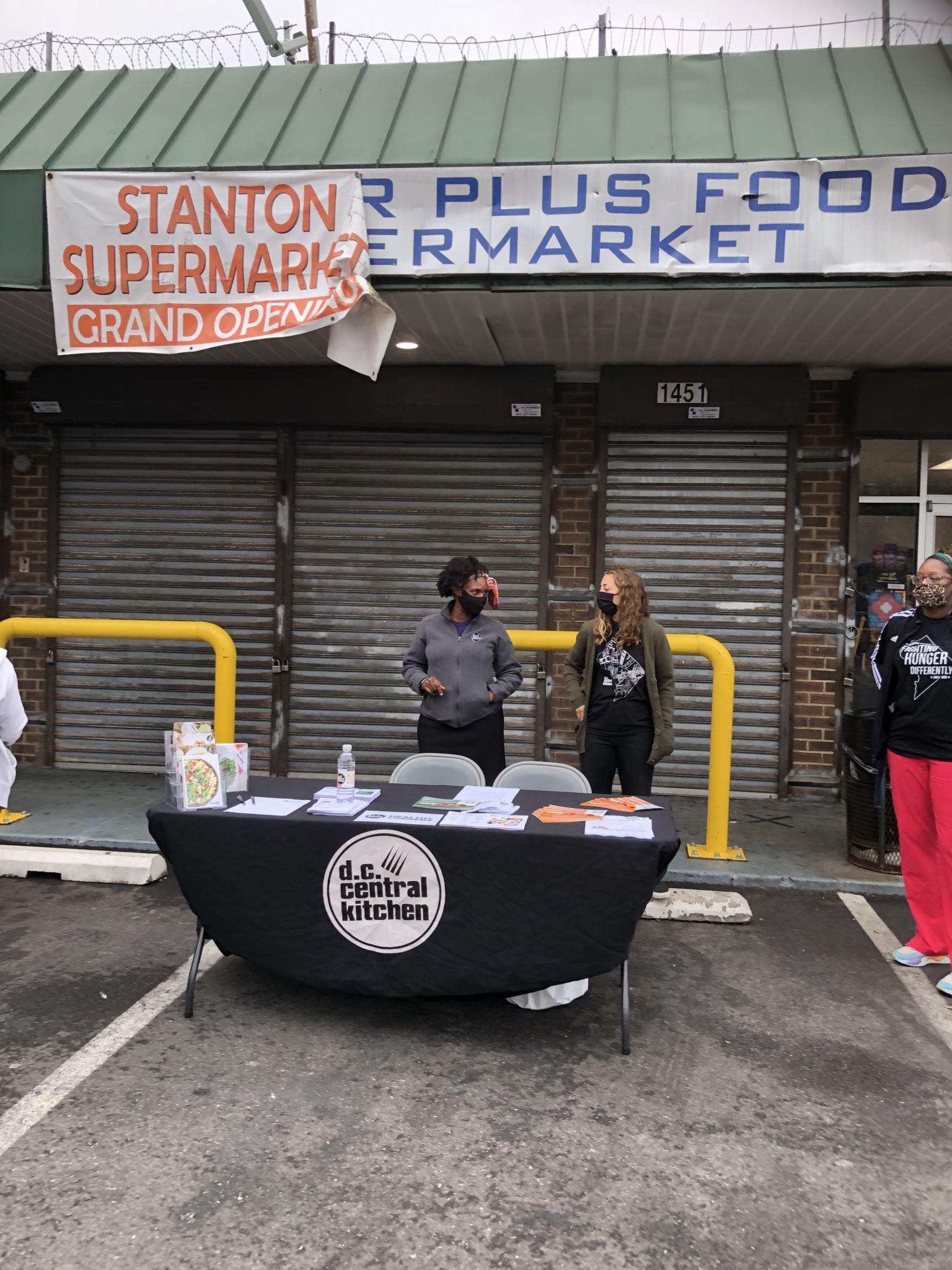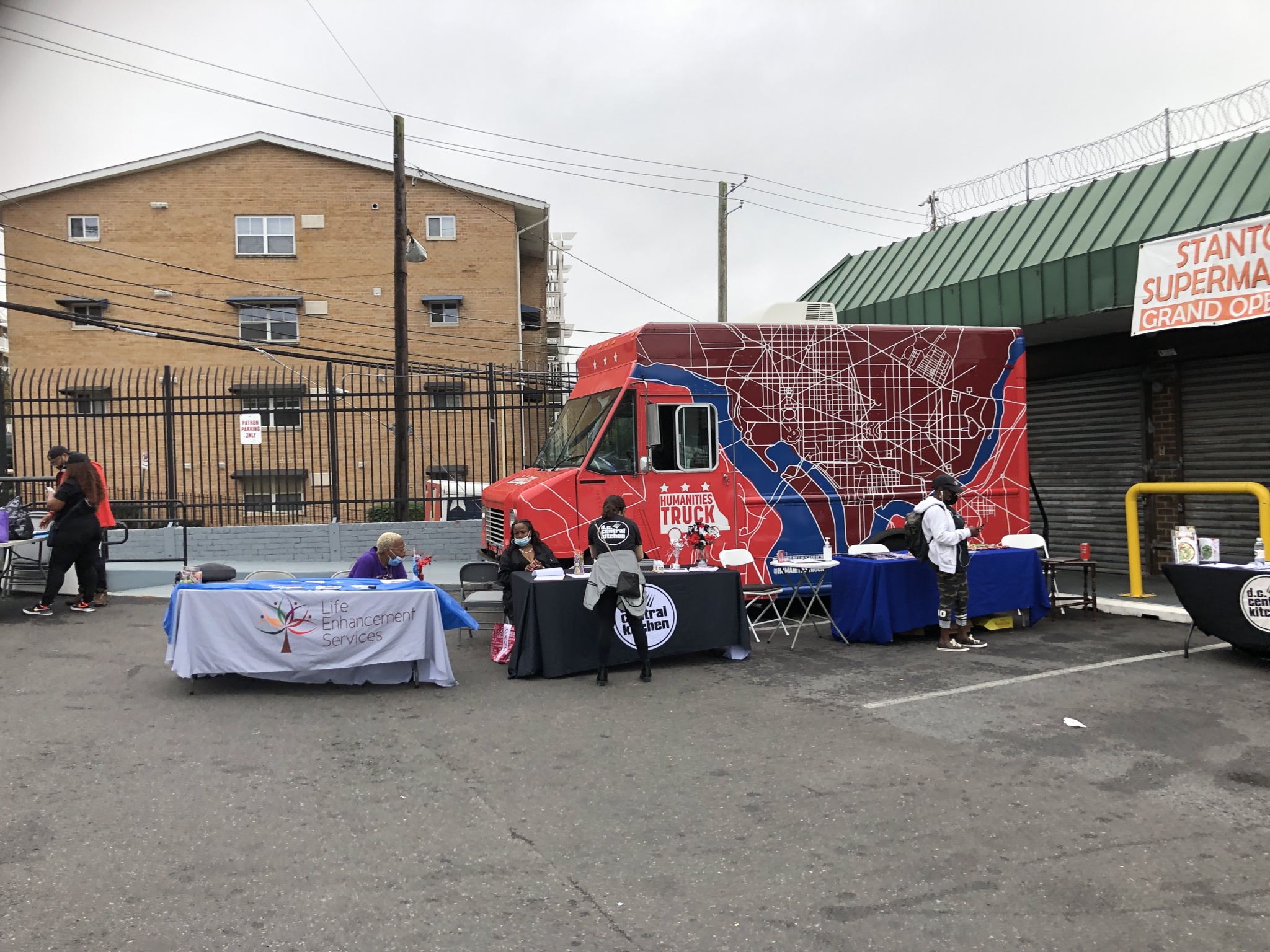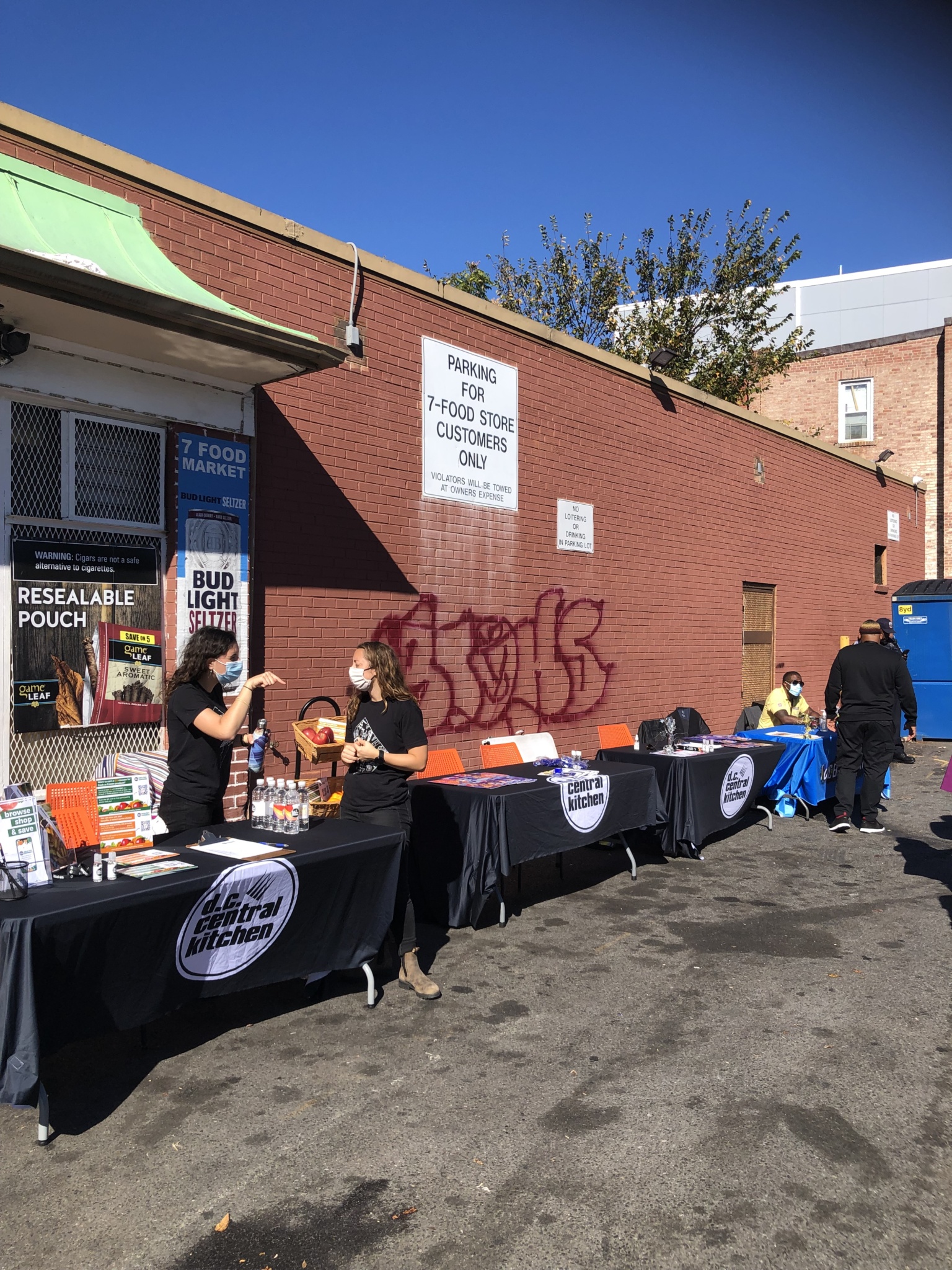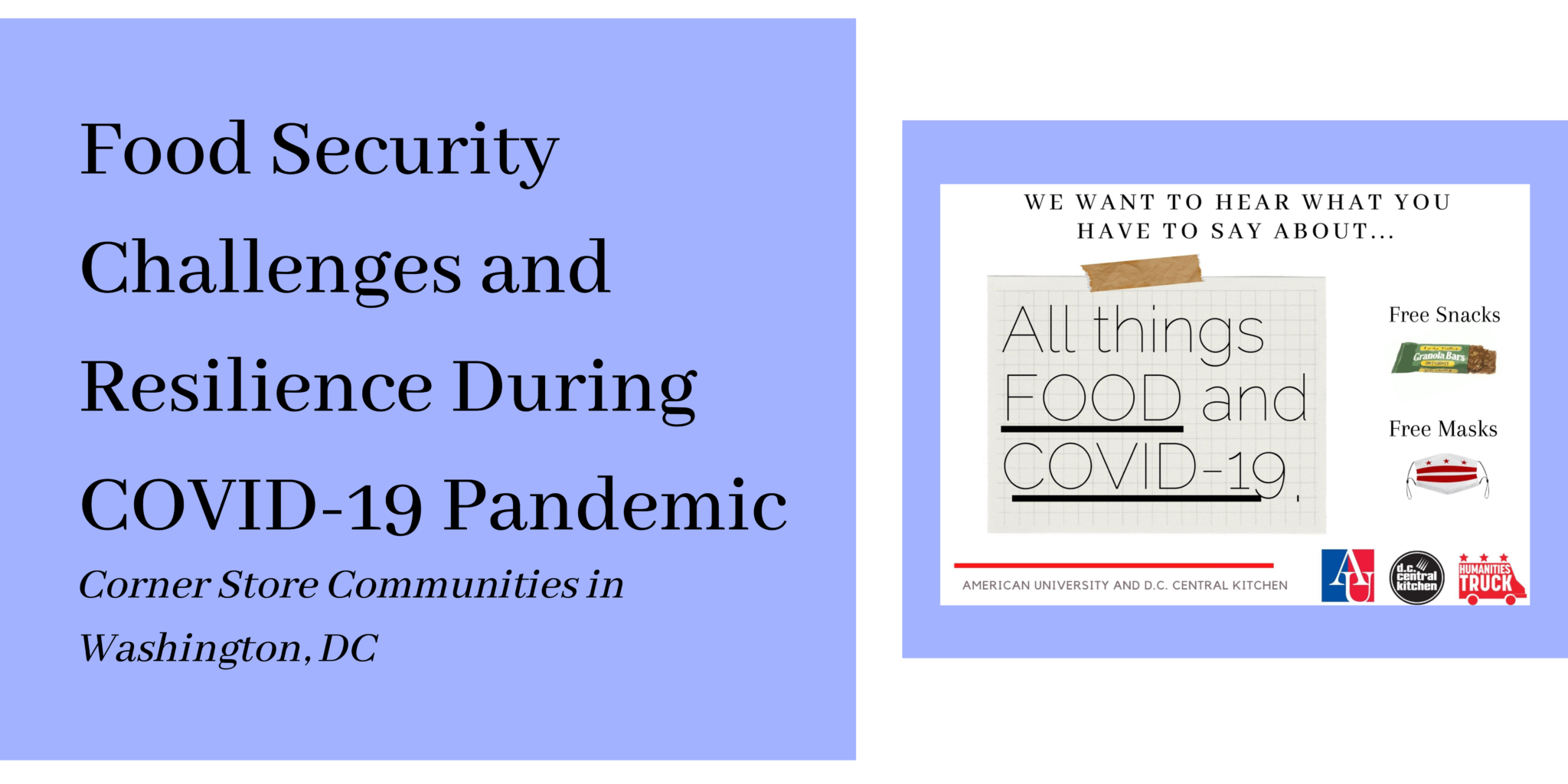
The COVID-19 pandemic exacerbates the complexities of food inequity. Washington DC (DC) was one of the most economically stratified regions prior to the pandemic. To mitigate the impact of the pandemic on food access, DC and nonprofit organizations within the region expanded their programming and services to offer innovative solutions to meet the increasing needs of DC residents, including increased access through corner stores, meal delivery sites and home delivery. Corner stores are an important part of the culture in DC, particularly in food desert and food swamp areas. Through a partnership with DC Central Kitchen (DCCK), this qualitative community-based participatory project illustrates the impact of the pandemic on DC residents’ food security. The importance of lived experience research in global health is increasingly recognized as an innovative approach that offers benefits through community engagement and empowerment.
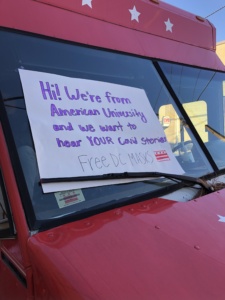 METHODS: The COVID-19 pandemic exacerbates the complexities of food inequity. Washington DC (DC) was one of the most economically stratified regions prior to the pandemic. In order to mitigate the impact of the pandemic on food access, DC and nonprofit organizations within the region expanded their programming and services to offer innovative solutions to meet the increasing needs of DC residents, including increased access through corner stores, meal delivery sites and home delivery. Corner stores are an important part of the culture in DC, particularly in food desert and food swamp areas. This qualitative community-based participatory project illustrates the impact of the pandemic on DC residents’ food security. The importance of lived experience research in global health is increasingly recognized as an innovative approach that offers benefits through community engagement and empowerment.
METHODS: The COVID-19 pandemic exacerbates the complexities of food inequity. Washington DC (DC) was one of the most economically stratified regions prior to the pandemic. In order to mitigate the impact of the pandemic on food access, DC and nonprofit organizations within the region expanded their programming and services to offer innovative solutions to meet the increasing needs of DC residents, including increased access through corner stores, meal delivery sites and home delivery. Corner stores are an important part of the culture in DC, particularly in food desert and food swamp areas. This qualitative community-based participatory project illustrates the impact of the pandemic on DC residents’ food security. The importance of lived experience research in global health is increasingly recognized as an innovative approach that offers benefits through community engagement and empowerment.
FINDINGS: Data analysis was performed using thematic network analysis in NVivo software. The results are grouped into four themes: 1) impact of COVID-19 on food access; 2) coping strategies during the COVID-19 pandemic; 3) sources of information and support during the COVID-19 pandemic, and 4) impact of COVID-19 on health and well-being. This works elevates community voices to illuminate the impact imposed by COVID-19 by responding to local food insecurity needs and strengthening social connections to the community. The short-term impact of this global pandemic is evident, but the long-term consequences are evolving including how those in the global health community will reshape health priorities.
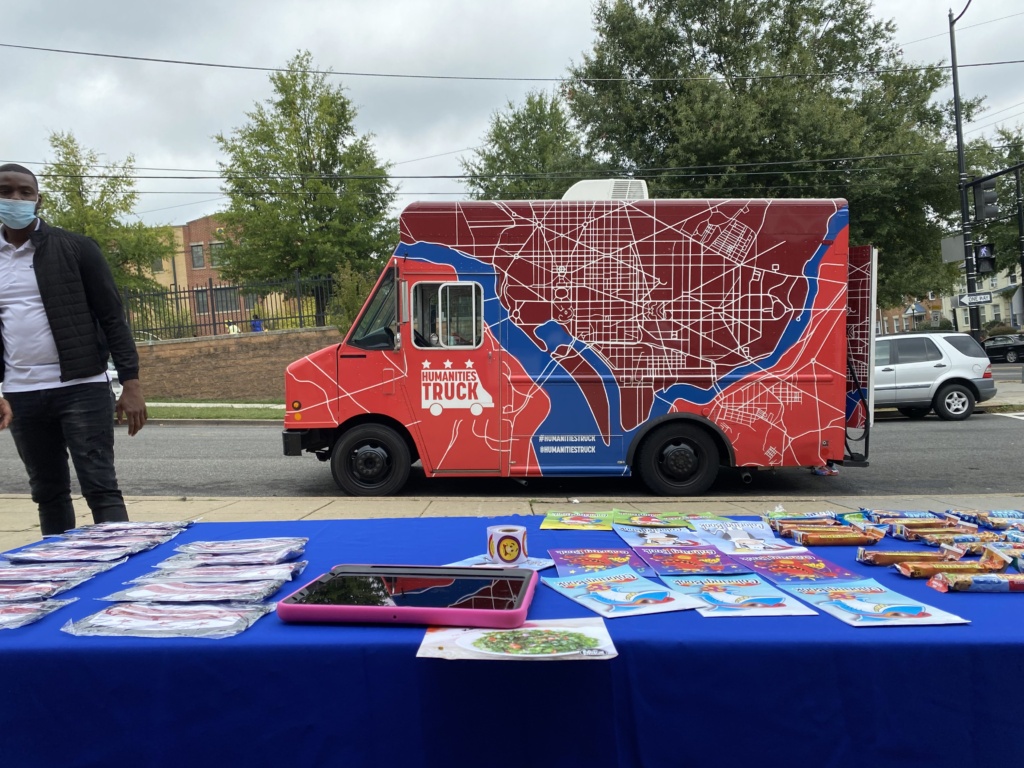
INTERPRETATION: As one of the social determinants of health, food insecurity significantly impacts overall health. It is imperative for policy to support community-driven food security strategies to promote food justice. This project has helped to center local DC food narratives on resilience and community empowerment.
Faces and Voices of Covid
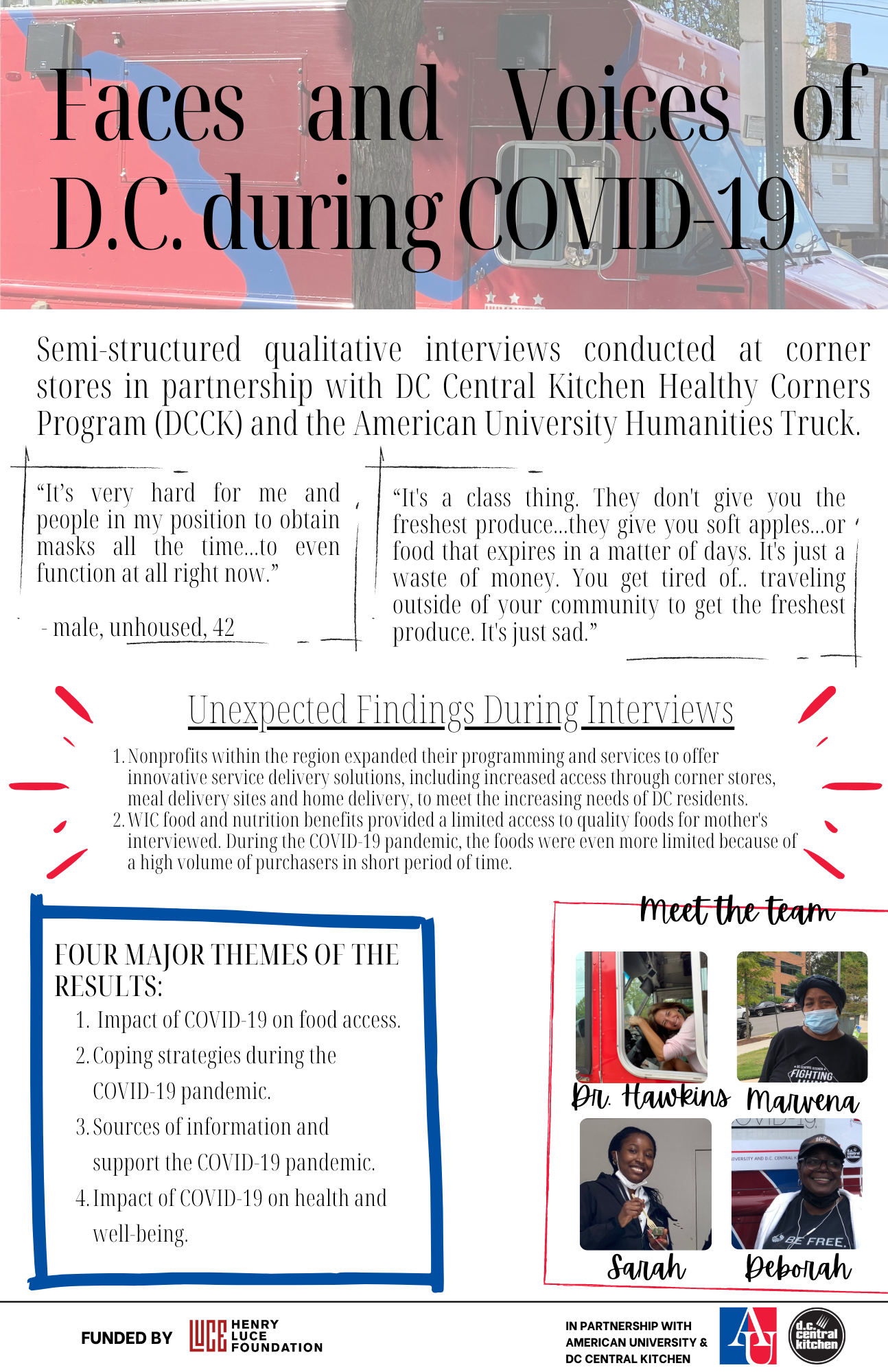
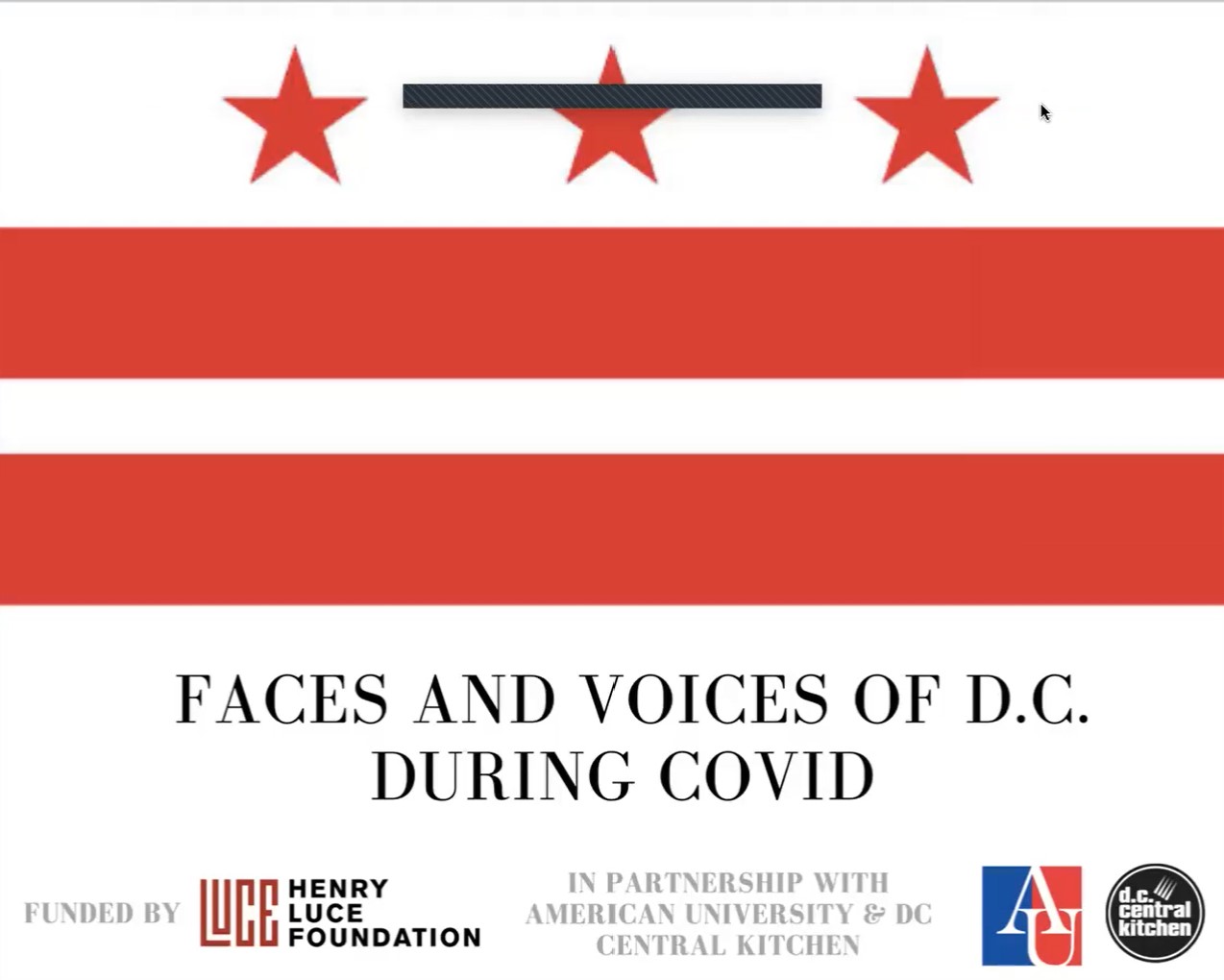
Voices
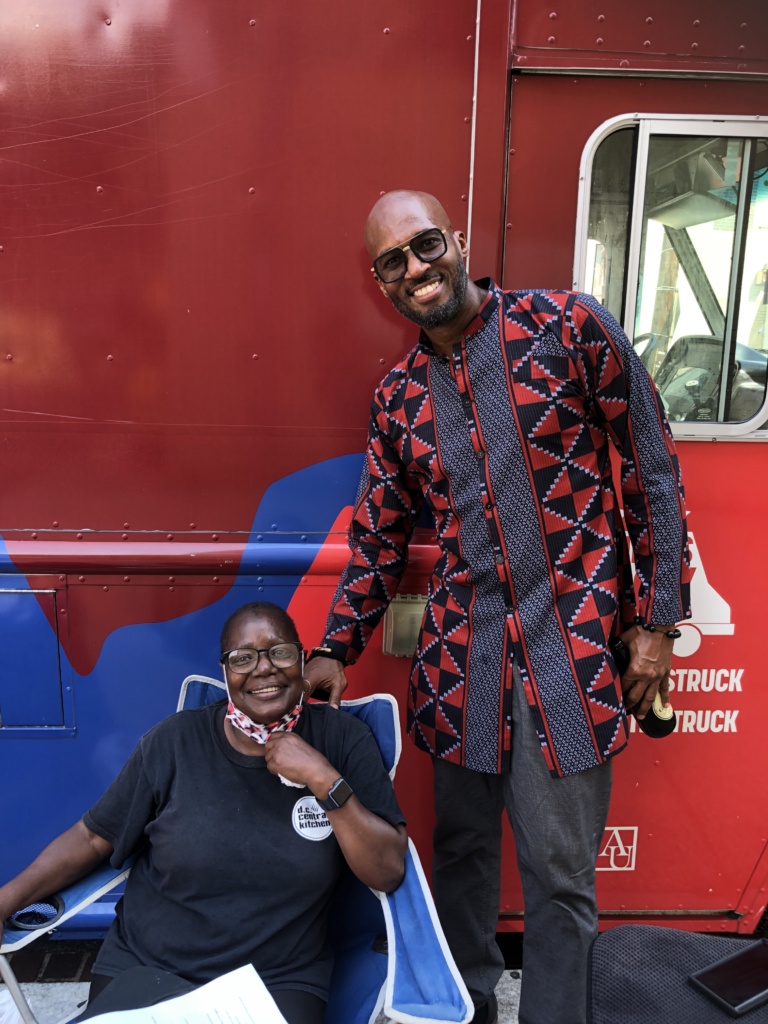
To the right: a poem by Store Champion, Deborah Wells (pictured above), about overcoming this time of uncertainty as we live through this pandemic together.
View her blog post, “Pandemic Transitions and Uncertainty: Reflections on Corner Store Communities in Covid-19” here.

Key Themes from Interviews
Impact of COVID-19 on increasing food access.
- Community partnerships increased access for DC’s most vulnerable wards to meet residents’ needs.
- “People were giving away food down every corner…churches, grocery stores. My church gave all of us food.”
Positive coping strategies during the COVID-19 pandemic.
- Participants noted family as a source of strength and support . Additionally, local and federal COVID-19 specific initiatives were identified as a source of financial and emotional support.
- “The stimulus programs that has been coming to help support…that has been a positive thing .”
Seeking credible sources of information during the COVID-19 pandemic.
- Most participants identified “the news” as their primary source of trusted information. Numerous participants mentioned DC Mayor Bowser as a source of trusted information for guidance and decision making.
Challenges accessing services during COVID-19 and impact on health and well-being.
- Participants commonly described challenges in accessing services such as DC unemployment service, access to fresh produce in corner stores and WIC.
- “It’s a class thing. They don’t give you the freshest produce…they give you soft apples…or food that expires in a matter of days.”
Recognition of increased resilience
- Many residents mentioned resilience and the strength in community bonds.
- “[During] the pandemic we had to sit down, parents had to actually be with their children, and it was [a] time for people to understand [that] we need each other to survive. That brought out the humanity in each other. We were just able to be human.”
Faces
Where did the Truck go?
CONCLUSIONS:
- This work elevates community voices to illuminate the impact imposed by COVID-19 by responding to local food insecurity needs and strengthening social connections to the community.
- The short-term impact of this global pandemic is evident, but the long-term consequences are evolving including how those in the global health community will reshape health priorities.
- As one of the social determinants of health, food insecurity significantly impacts overall health. It is imperative for policy to support community-driven food security strategies to promote sustainable food justice.
- This project has helped to center local DC food narratives on resilience and community empowerment.
DC ARTISTS PLAYLIST
Acknowledgements
Special thanks to all interview participants, corner store participants, the AU Humanities Truck, The Mellon Foundation, Henry Luce Foundation and DC Central Kitchen for their partnership and support of this work.


